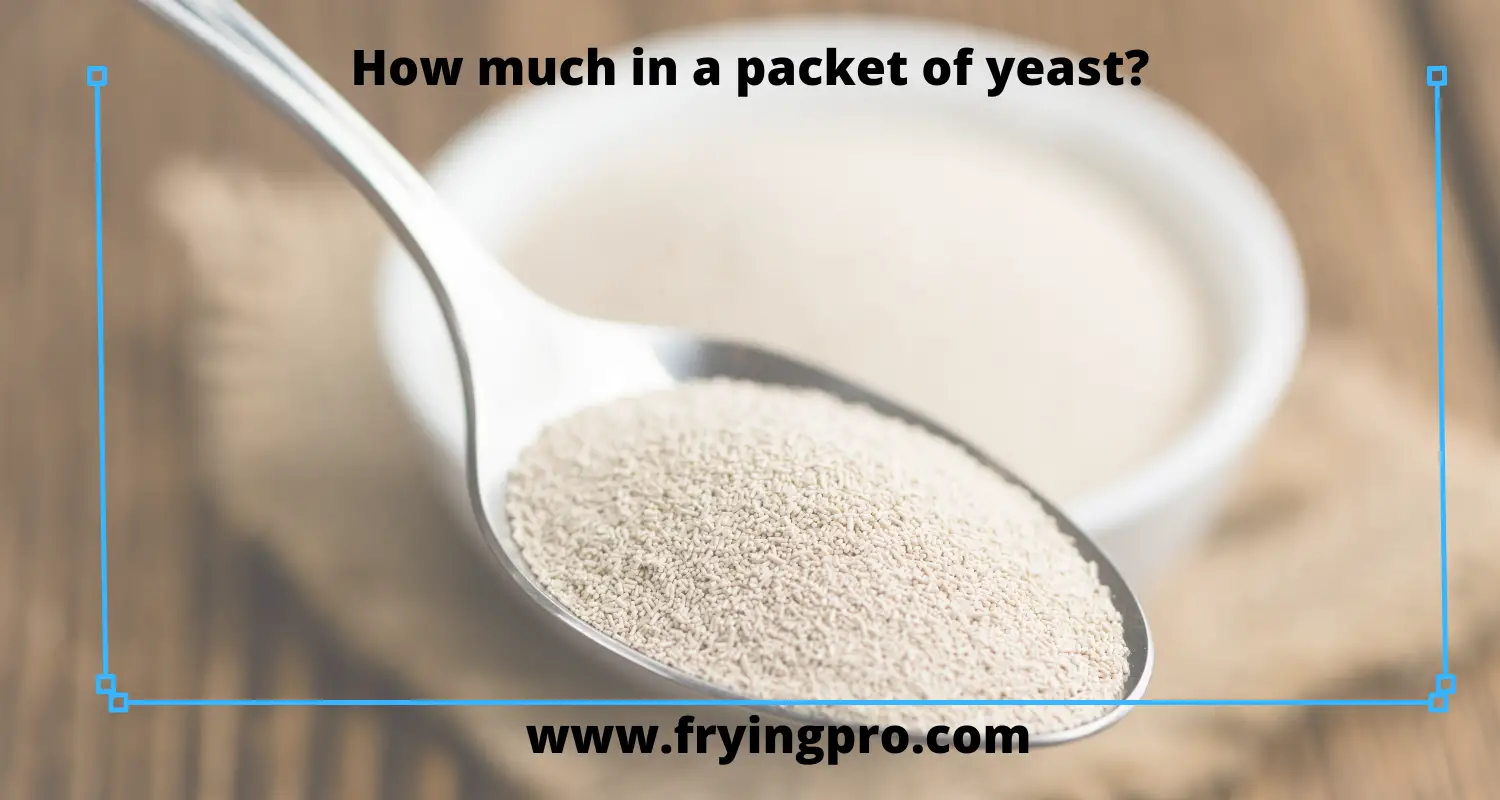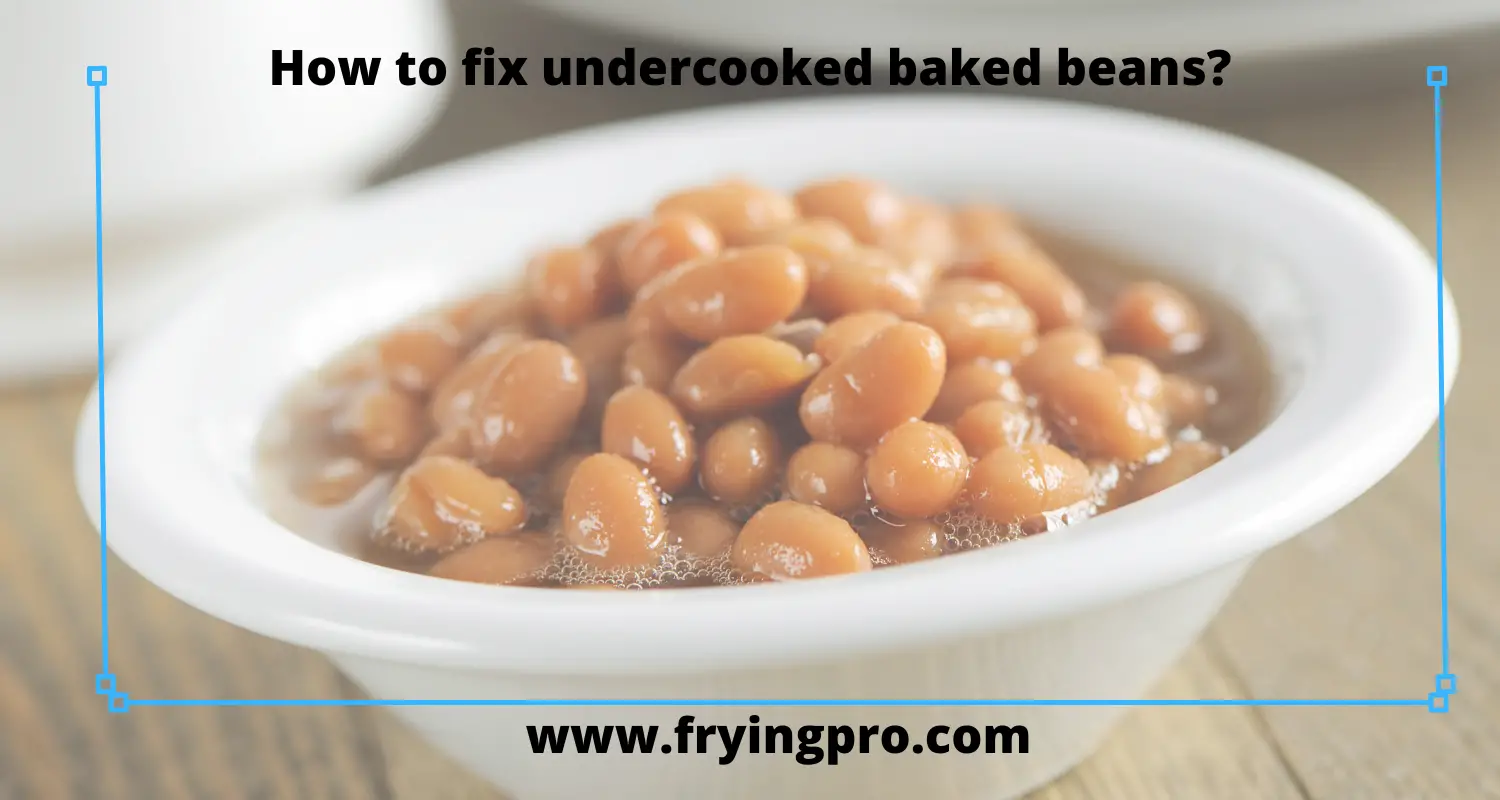Table of Contents
- How healthy is peanut oil for frying?
- What is peanut oil?
- Nutritional value of peanut oil
- 10 Health benefits of peanut oil for frying
- 1. Saves time since it has a high smoke point
- 2. Increases shelf life of fried foods
- 3. Doesn’t react with food’s proteins
- 4. Anti-foaming agent
- 5. Suitable for stir fry
- 6. Does not absorb flavors from food
- 7. Reduce heart risks
- 8. Antioxidant properties
- 9. Helps lower cholesterol levels
- 10. Reduce inflammation, arthritis, and asthma symptoms
- The possible drawbacks of using peanut oil for frying
- Commonly asked questions
- 1. How to pick the best peanut oil for deep frying?
- 2. How to fry with peanut oil?
- 3. What is the shelf life of peanut oil?
- 5. What are good substitutes for peanut oil?
- 6. Is it safe to use peanut oil regularly for frying?
- 7. How do you store peanut oil?
- 8. Is peanut oil cheaper than other oils?
- 9. What’s your verdict on using peanut oil for frying?
- Conclusion
How healthy is peanut oil for frying?
Frying food in peanut oil is a popular cooking method, but is peanut oil healthy for frying? Is it safe to use for frying? This blog post contains answers to all questions regarding the use of peanut oil for frying.
So, how healthy is peanut oil for frying? According to a study published in the journal “Nuts and Seeds in Health and Disease Prevention” peanut oil is low in saturated fats and is cholesterol-free. Due to high oleic acid content, peanut oil has shown multiple health benefits. Peanut oil can reduce the risk of cardiovascular disease, reduce LDL oxidation and significantly improve lipid profiles. In addition, peanut oil has also been shown to lower the risk of type 2 diabetes. Some studies have also shown that peanut oil can lower the risk of colorectal cancer.
However, does peanut oil retain all its benefits if it is used for frying? Well, frying food in any type of oil has been shown to reduce the beneficial effects of oil due to high temperature and exposure to air and light.
The most notable effect of frying is the transformation that happens with unsaturated oils such as olive or peanut oil. However, frying in peanut oil does not completely reduce its beneficial effects. Nutritionists recommend peanut oil often recommend frying in peanut oil at least 3 times a week.
The following blog post will answer questions like these and provide an overview of peanut oil. Although it has a few drawbacks, as far as frying is concerned, the oil is considered safe.
Let’s get started!
What is peanut oil?
Peanut oil is a type of vegetable oil derived from peanuts. Peanuts are also called groundnuts and they come from the family of legumes.
Shelled peanuts contain about 45% to 50% oil, which can be extracted and refined to make different kinds of oils, such as peanut (groundnut) oil for culinary purposes or industrial oils for uses in soap, cosmetics, and biofuels.
Peanut oil is pale to golden yellow in color with a mild flavor. It has a smoke point of about 446 F or 230 degrees Celsius so it’s great for frying.
Nutritional value of peanut oil
Peanut oil is very high in monounsaturated fatty acids (82%) which raise levels of HDL (good) cholesterol and decrease LDL (bad) cholesterol.
It’s also an excellent source of vitamin E, one of the most powerful antioxidants and it’s low in saturated fats.
10 Health benefits of peanut oil for frying
1. Saves time since it has a high smoke point
Healthy peanut oil is great for frying, because of its high smoke point. If you are wondering what does it mean by the smoke point.
Well, the smoke point is the temperature at which the cooking oil starts to break down and form damaging free radicals.
When food is fried in oil with a low smoke point, such as olive oil, it’s very likely that it will degrade and become carcinogenic (cancer-causing). For this reason, it is best to fry food in oils with high smoke points, peanut oil being one of them.
2. Increases shelf life of fried foods
Since healthy peanut oil is stable at high temperatures, it doesn’t break down quickly even when it’s exposed to air and light. It can therefore be used for frying without fear that the fried food will spoil quickly.
3. Doesn’t react with food’s proteins
Unlike other vegetable oils, peanut oil doesn’t react with food’s proteins so it preserves their taste and nutritional value.
4. Anti-foaming agent
Due to its high smoke point, peanut oil works great as a heat transfer fluid and due to its chemical properties, it reduces the chances of foods foaming or popping while frying.
5. Suitable for stir fry
Healthy peanut oil can also be used to stir fry foods due to its high smoke point and nutritional value.
6. Does not absorb flavors from food
Peanut oil is actually great for deep frying as it’s highly resistant to absorbing flavors from fried food, unlike many other cooking oils.
7. Reduce heart risks
Since peanut oil is high in monounsaturated fats and low in saturated ones, it reduces the risk of heart disease.
8. Antioxidant properties
Peanut oil contains antioxidant vitamin E which protects foods from free radicals. Free radicals are responsible for premature aging and cancer, so keeping them at bay is always a good idea.
9. Helps lower cholesterol levels
Among cooking oils, peanut oil is high in monounsaturated fats which can help lower bad (LDL) cholesterol levels and raise good (HDL) cholesterol levels, thus reducing the risk of heart disease.
10. Reduce inflammation, arthritis, and asthma symptoms
Peanut oil contains antioxidants, vitamin E, and unsaturated fatty acids which help reduce inflammation in the body.
The possible drawbacks of using peanut oil for frying
Risk of allergy
Since peanuts are actually legumes, there’s a chance that you could be allergic to peanut oil.
You can however reduce the risk of allergy by choosing refined peanut oil over crude, cold-pressed, or virgin.
Risk of inflammation
Peanut oil, just like other vegetable oils is susceptible to oxidation when exposed to oxygen and light which can lead to inflammation.
Commonly asked questions
1. How to pick the best peanut oil for deep frying?
When you are buying peanut oil make sure that it’s cold-pressed or expeller-pressed as this will ensure that it is pure with no additives. Also, check for its freshness date before purchasing.
2. How to fry with peanut oil?
Peanut oil works best when it’s heated to high temperatures in deep frying.
3. What is the shelf life of peanut oil?
Healthy peanut oil has a shelf life of more than a year when stored in a cool dark place. But it is best to use it within 12 months.
5. What are good substitutes for peanut oil?
For a flavorful alternative, you can use sesame oil, vegetable oil, or grapeseed oil.
6. Is it safe to use peanut oil regularly for frying?
Yes. It is safe to use peanut oil regularly for frying as long as you also eat other types of healthy fats. If you believe that your fried food has absorbed some of the unpleasant smell and taste from the cooking oil, you can always buy deodorized peanut oil.
7. How do you store peanut oil?
Peanut oil must be kept in tightly closed containers at room temperature or refrigerated. Exposing it to light can make the taste turn unpleasant quickly so don’t place your bottle near windows or other areas where sunlight penetrates.
Oxygen exposure will cause oxidation leading to the formation of harmful free radicals, so keep the cap on tight! It is therefore recommended that you buy small amounts of peanut oil and use it before opening a new bottle. Peanut oil should not be stored for longer than 6 months.
8. Is peanut oil cheaper than other oils?
Peanut oil is cheaper than most cooking oils so it can be a good alternative if you are looking for a way to cut costs. However, other types of cooking oils such as olive and grapeseed oil tend to be more expensive, and refined peanut oil is usually the cheapest among them all.
9. What’s your verdict on using peanut oil for frying?
Healthy peanut oil works great for deep frying due to its high smoke point but it may not offer the best flavor when used in stir-fries or other dishes. Take note that peanuts are legumes which means they can cause allergy symptoms in people who have an intolerance towards this type of food, so check with your doctor before consuming peanut products regularly. If you want to use peanut oil frequently,
Conclusion
From the article above we can conclude that peanut oil is a healthy cooking oil for frying as it has many health benefits and doesn’t harm us in any way. On the whole, peanut oil is good for deep frying, stir fry, and other types of food preparation. It has many health benefits and doesn’t harm us in any way so it’s safe to use regularly.







